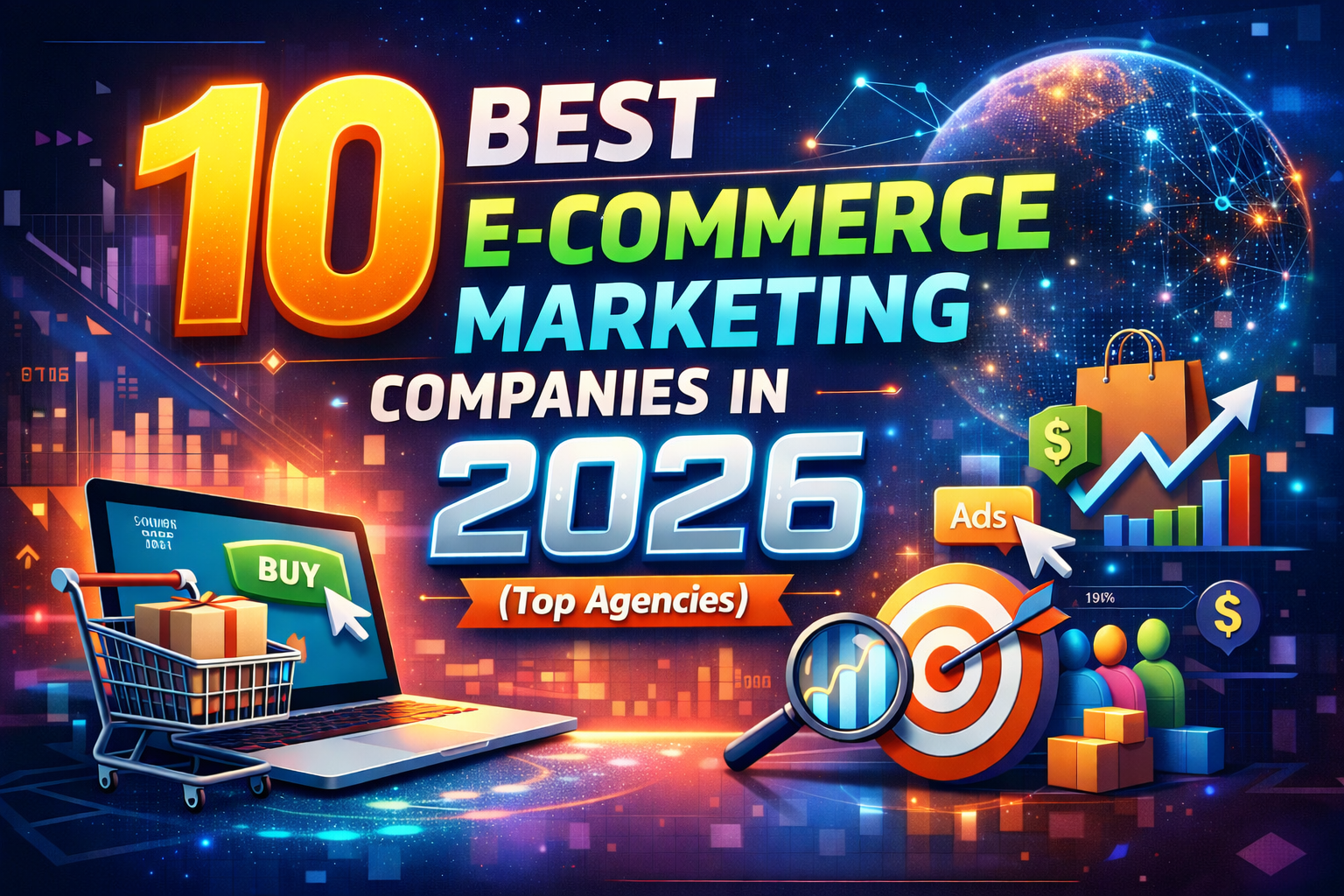Small businesses often face challenges competing with larger companies that have bigger budgets. Yet, email marketing for small business offers a cost-effective, direct, and measurable way to connect with customers, promote products, and drive growth. With the right tactics, even the smallest ventures can establish strong brand visibility, nurture relationships, and boost sales.
Unlike some marketing channels that require significant upfront investment, email marketing provides an affordable solution that still delivers professional impact. It enables small business owners to reach targeted audiences consistently, build credibility, and maintain ongoing engagement without overspending.

Table of Contents
ToggleWhat Is Email Marketing for Small Businesses?
Email marketing for small business involves sending targeted emails to an audience that has opted in to receive communication. These messages may include promotional offers, educational content, event announcements, or updates about products and services.
Unlike traditional advertising, this approach focuses on building meaningful relationships with existing and potential customers. It allows small business owners to engage people who are already interested in their brand, making the communication more relevant and impactful. Moreover, email marketing offers flexibility, from quick one-off campaigns to long-term automated sequences that nurture leads over time. Learn more about Email Marketing Automation.
How Email Marketing Works
Although each business tailors its campaigns to specific goals, email marketing for small businesses generally follows a consistent process:
Step 1: Build an Audience
Businesses collect emails through sign-up forms, promotions, or lead magnets such as free resources or discounts. An organically grown list tends to deliver better engagement than purchased contacts.
Step 2: Segment the List
Organizing subscribers into groups based on interests, demographics, or purchase history ensures that messages are personalized and relevant.
Step 3: Create the Content
Effective email content combines persuasive text, appealing visuals, and clear calls-to-action. It can range from limited-time offers to value-driven newsletters.
Step 4: Schedule and Automate
Automation tools send emails at optimal times and deliver sequences triggered by subscriber actions, such as signing up or abandoning a cart.
Step 5: Measure and Improve
Analytics provide insights into open rates, click-through rates, and conversions. Regularly reviewing data helps refine strategies for better performance.

Key Benefits of Email Marketing for Small Businesses
The advantages of email marketing for small businesses extend beyond immediate sales and include:
- Cost Efficiency: Email marketing offers one of the highest returns on investment in the marketing world, making it ideal for smaller budgets.
- Precise Targeting: Segmentation allows businesses to tailor messages to specific audience groups, increasing engagement and conversions.
- Stronger Customer Loyalty: Regular, valuable communication builds trust and encourages repeat business.
- Higher Website Traffic: Email campaigns with clickable links direct subscribers to landing pages, product catalogs, or blog content.
- Performance Tracking: Every campaign’s results are measurable, enabling data-driven improvements.
- Brand Consistency: Emails reinforce brand identity by maintaining a consistent style, tone, and messaging.
- Scalable Growth: Campaigns can be scaled to reach thousands of subscribers without dramatically increasing costs.
- Long-Term Relationship Building: Regular updates keep your brand fresh in the minds of customers, encouraging long-term loyalty.
Proven Strategies for Successful Campaigns
To maximize results, small businesses should adopt the following tactics:
- Focus on List Quality: Build your list organically through genuine interactions rather than purchasing contacts.
- Optimize for Mobile Devices: Most emails are opened on smartphones, so designs must be responsive and easy to read on small screens.
- Write Clear, Compelling Subject Lines: The subject line determines whether your email gets opened. Keep it concise, relevant, and intriguing.
- Personalize Content: Address subscribers by name and offer content based on their preferences or behavior.
- Use Strong Calls-to-Action: Guide readers toward the next step, such as making a purchase or booking a service.
- Test and Adjust: Experiment with subject lines, layouts, and send times to discover what resonates most with your audience.
- Maintain Consistent Scheduling: Regular communication helps build anticipation and engagement over time.
- Deliver Value Every Time: Ensure that every email provides useful information, entertainment, or offers to keep subscribers engaged.
Recommended Tools and Platforms
The right tools streamline email marketing for small businesses and improve campaign effectiveness:
1) Email Marketing Platforms – Services like Mailchimp, ConvertKit, and ActiveCampaign offer user-friendly design templates, automation, and analytics.
2) CRM Systems – Integrating a CRM allows for more precise targeting and better customer data management.
3) Automation Features – Automated workflows send emails based on specific triggers, ensuring timely communication.
4) Analytics Tools – Comprehensive reports help track engagement and conversions for continuous improvement.
Modern platforms often integrate with social media, e-commerce stores, and advertising tools, creating a cohesive marketing ecosystem that extends beyond email. This interconnected approach ensures consistent branding across multiple channels while maximizing marketing efficiency.
Conclusion
Email marketing for small businesses is a powerful tool that combines affordability, precision, and measurable results. When executed strategically, it not only drives immediate sales but also builds lasting relationships with customers. By understanding the process, applying proven strategies, and using the right tools, small businesses can compete effectively in any market.
For expert guidance and innovative marketing solutions, visit Blogrator Web Service. Their expertise in crafting impactful campaigns ensures small businesses maximize results and achieve sustainable growth.

FAQs
- Is email marketing still relevant for small businesses?
Yes. It remains one of the most effective ways to reach customers directly and achieve high returns.
- How often should I send marketing emails?
Consistency matters more than frequency. Weekly or bi-weekly campaigns are common for small businesses.
- Can automation help small businesses with email marketing?
Absolutely. Automation saves time, maintains engagement, and ensures timely responses to customer actions.









